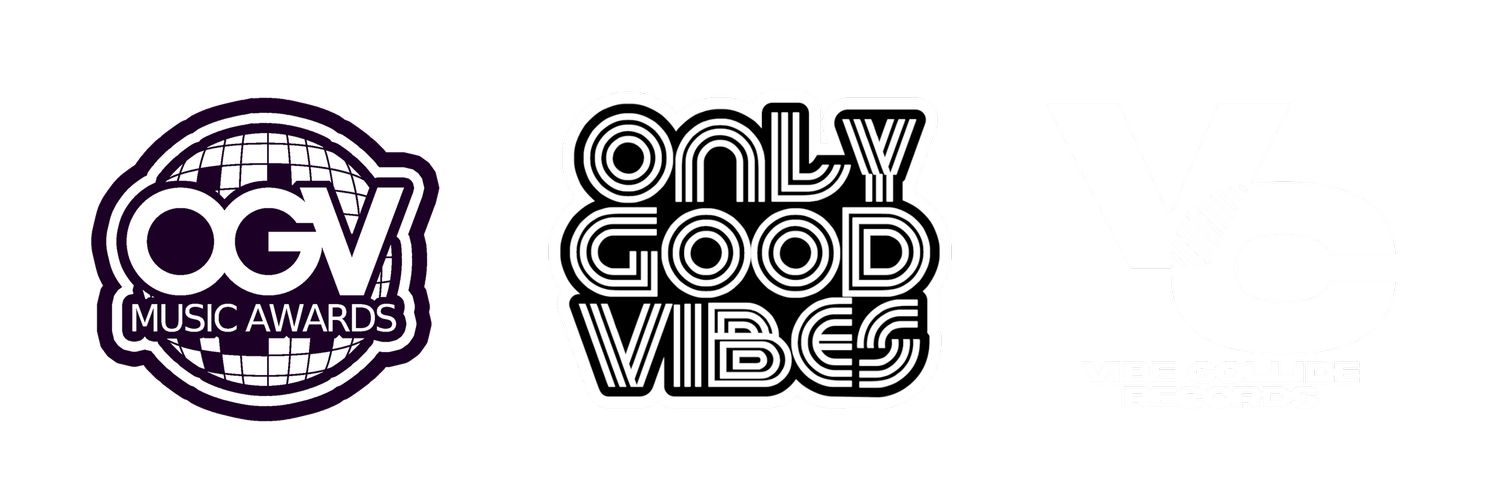#OGVV001 - D.C. LaRue - 'Disco Lives' EP (12" Vinyl) Dr Packer, OPOLOPO & The Knutsens Remixes
D.C. LaRue
'Disco Lives' EP
(12" Vinyl)
Dr Packer, OPOLOPO & The Knutsens Remixes
AFTER A LIFETIME on the dance floor, you realize that escape to a beat was not the only thing you found there. Sometimes, and surprisingly soon, you may find self-awareness, challenge, enlightenment. Therein lies a core truth about the timelessness of music, and particularly the music of D.C. LaRue. After two years of art school studying graphic design, LaRue joined the music industry by recording two top 40 pop records influenced by the teen-idol era. In his early adulthood, he began writing songs about the fast-growing club and bar subculture he frequented where the most outcast of society’s young and marginalized could safely congregate after being ostracized in work, church, school, and often family. In this relatively brief selection of LaRue classics, contemporary remixes paradoxically bring out the timelessness of his songs, in tone, message and musicality.
“Indiscreet” alone, from LaRue’s 1976 concept album, “The Tea Dance,” tells much of the story about how disco had already birthed its own far more popular and influential successor form, Hip-Hop, by the time it was declared dead by the superannuated establishments of the radio, media and record businesses. Released in a highly limited, personally inscribed 12-inch 45 rpm edition for a select list of top disco DJs, its complex, elastic polyrhythm made it as irresistible to younger black DJs and breakdancing teens as any of the year’s other big street breakouts, like Ralph MacDonald’s “Jam on the Groove.” Or to a teenage record collector, anything by the R&B band Rufus. The clean, uncluttered remixes here, with their sturdy and un-hectic four-four pulse, put focus on the overlap between the first-call studio musicians of LaRue’s albums and the stellar east and west coast studio session lineups of Gregg Diamond, Ashford and Simpson, Barry White, Stuff, and other diverse creatives of Latin disco and soul-jazz fusion.
But, wait, there’s more! “Let Them Dance,” greeted in its time as a one of the breakthrough moments of new music technology, is reinterpreted mainly with its live acoustic tracks, also retaining bright, rhythmic synthesizer hooks with results that are still true to his intentionally oblique lyric, a novelistic portrayal of the drug dealers, the LGBTQ+ underground community, and the powerful upper class elite that made up the multi-racial, socially integrated crowds on the dance floors at the height of disco. “Do You Want the Real Thing,” also “updated” in the style of the lush yet sharp Motown and Philadelphia production pieces that inspired the arrangement originally, still resonates as a nightly inner dialogue or negotiation, another of LaRue’s literary signatures.
Go ahead, watch a Fleetwood Mac documentary if you want to see industry executives and commentators say, ”Huh. How did that happen?” discussing a timeless and universal work that bravely confronted the raw and troublesome inner feelings and vulnerabilities of the songwriters. Play this record and you will feel exactly how disco gave refuge, healing and community to the most marginalized, and immediately welcomed in absolutely everyone else, even the ruling class, and thereby proved again that in art, national cuisine, fashion and every cultural and creative endeavor, it’s the most outcast of every nationality and generation that feeds, clothes, entertains and inspires the larger society that cast them out in the first place.
Namaste,
Brian Chin
Brooklyn, New York
March, 2023

